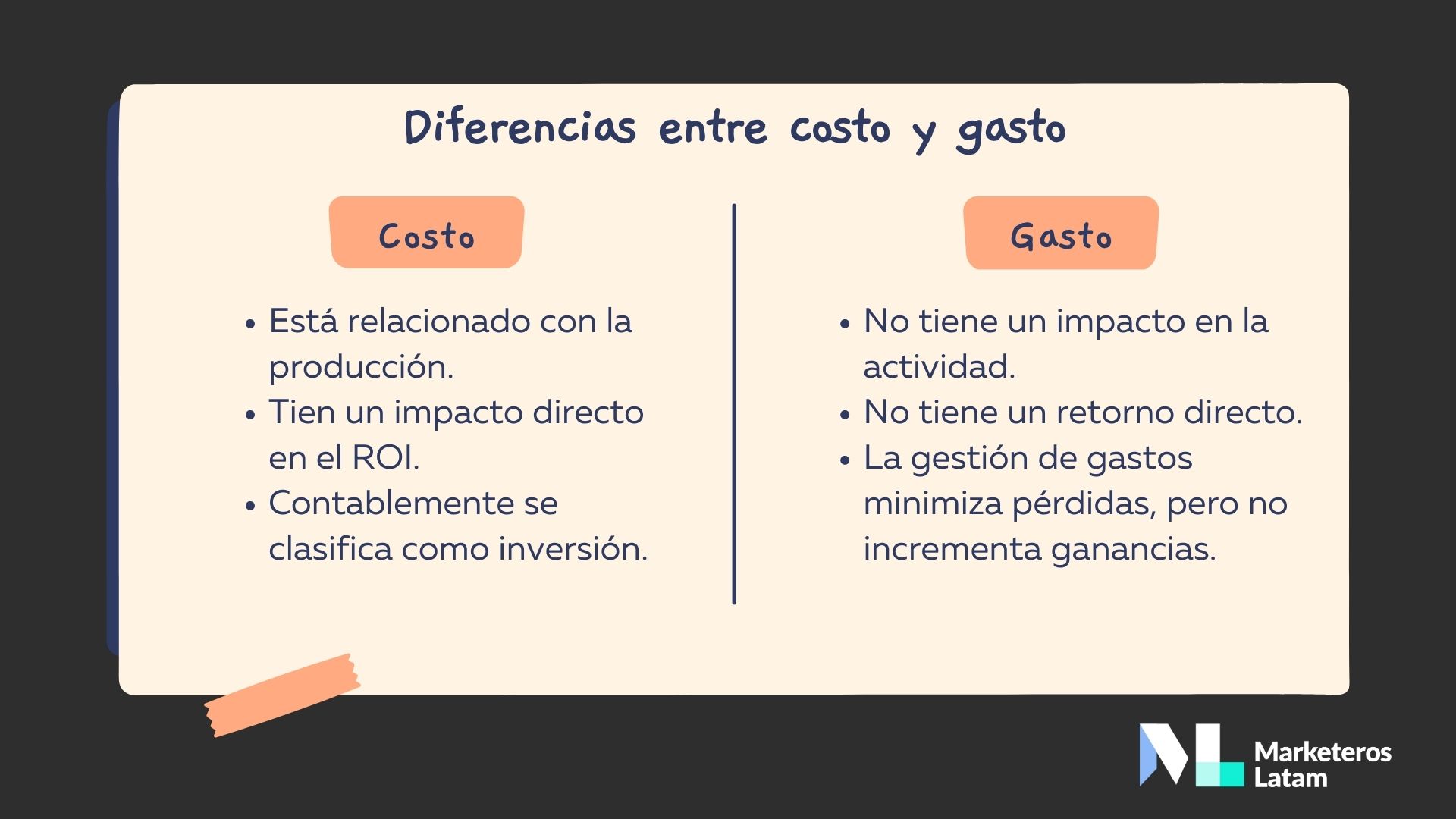Alright, listen up, amigos and amigas! If you're here, chances are you're scratching your head trying to figure out la diferencia entre pocho y chicano. Maybe you've heard these terms thrown around in casual conversations or maybe you stumbled upon them while diving deep into the rich cultural tapestry of Mexican-American history. Whatever brought you here, buckle up because we're about to break it down in a way that’s as engaging as it is enlightening.
This isn’t just a random topic; it’s a cultural exploration that affects how people identify themselves, how they’re perceived, and how their stories are told. So, let’s dive right in and unpack the meaning behind these two terms. Because understanding the difference between pocho and chicano is more than just knowing definitions—it’s about appreciating the nuances of identity and belonging.
Before we get too far, let’s establish one thing: both pocho and chicano carry cultural significance, but they mean very different things depending on context, history, and even personal perspective. Stick with me, because by the end of this, you’ll not only know the difference but also have a deeper appreciation for the complexities of identity within the Mexican-American community.
- Hazbin Hotel Oc Challenge Your Ultimate Guide To Creating Memorable Characters
- Almost Thanksgiving Meme The Ultimate Guide To Laughing Through The Holidays
What Does Pocho Mean? Breaking It Down
So, what exactly is a pocho? Picture this: someone who’s Mexican by heritage but grew up in the U.S., often speaking English more fluently than Spanish. A pocho is essentially someone who’s lost some—or a lot—of their Mexican cultural roots due to assimilation. Some people embrace the term with pride, while others might use it as a way to criticize those who’ve distanced themselves from their roots. It’s all about perspective, man.
Key Characteristics of Pocho:
- Often born in the U.S. to Mexican parents
- May not speak Spanish fluently or at all
- Feels a connection to Mexican culture but is influenced heavily by American culture
- Can sometimes face criticism for "not being Mexican enough"
But hey, don’t let that fool you—being pocho doesn’t mean losing your identity. Many pochos take pride in their unique blend of cultures, creating something that’s distinctly their own. It’s like a cultural fusion dish—maybe it’s not traditional, but it’s still delicious!
- Venom Filter The Ultimate Guide To Enhancing Your Snapchat Experience
- Stalker Torments Barristers The Heartbreaking Story Of A Deaf Child
Understanding Chicano: More Than Just a Label
Alright, let’s switch gears and talk about chicano. Now, this one’s got a bit more weight to it. Chicano refers to Mexican-Americans who are deeply connected to their Mexican roots and often identify strongly with the Chicano Movement, which fought for civil rights and social justice in the 1960s and 70s. It’s not just about being Mexican-American—it’s about embracing that identity with pride and activism.
Key Characteristics of Chicano:
- Strong ties to Mexican culture and history
- Often fluent in both Spanish and English
- Involved in activism and advocacy for Mexican-American rights
- Feels a deep sense of pride in their heritage and works to preserve it
Chicanos aren’t just about identity—they’re about action. They’re the ones out there fighting for equality, representation, and justice. It’s a powerful label that carries a lot of history and meaning behind it.
La Diferencia: Where the Lines Blur
Now that we’ve defined both terms, let’s talk about the big question: what’s the real difference between pocho and chicano? Well, it’s not as simple as one being more Mexican than the other. It’s more about how each person identifies with their culture and heritage.
Key Differences:
- Pocho: May feel less connected to Mexican culture due to assimilation
- Chicano: Actively embraces and fights for Mexican-American identity
- Pocho: Sometimes criticized for "losing" their roots
- Chicano: Seen as proud defenders of their heritage
It’s important to note that these differences aren’t black and white. There’s a lot of gray area, and people can identify as both or neither. It’s all about personal perspective and how someone chooses to express their identity.
The Cultural Impact: Why Does It Matter?
Here’s the thing: understanding the difference between pocho and chicano isn’t just about semantics. It’s about recognizing the diversity within the Mexican-American community and appreciating the different ways people express their identities. It’s about breaking down stereotypes and celebrating the richness of cultural expression.
Why Does It Matter?
- It highlights the complexity of identity
- It challenges stereotypes and assumptions
- It promotes understanding and respect
- It encourages people to embrace their unique cultural backgrounds
When we understand these terms, we’re not just learning definitions—we’re learning to appreciate the diversity within a community that’s often oversimplified. And that’s powerful, my friends.
Historical Context: Where Did These Terms Come From?
Let’s take a little trip back in time, shall we? Both pocho and chicano have deep historical roots that shape how they’re understood today. The term pocho originated as a way to describe Mexican-Americans who had assimilated into American culture, often losing some of their traditional customs and language. It wasn’t always a positive term—sometimes it was used to criticize those who were seen as "too American."
On the other hand, chicano emerged during the civil rights era as a way for Mexican-Americans to reclaim their identity and fight for their rights. It became a symbol of pride and activism, representing a group of people who were determined to be seen and heard. The Chicano Movement was all about empowerment and self-determination, and the term chicano became synonymous with that fight.
Key Historical Events:
Chicano Movement Highlights:
- 1960s: The rise of Chicano activism
- 1968: Walkouts in East L.A. demanding better education for Mexican-Americans
- 1970s: Continued fight for civil rights and representation
Understanding the history behind these terms helps us appreciate their significance today. They’re not just words—they’re part of a larger narrative of identity and struggle.
Identity and Belonging: A Personal Perspective
Now, let’s get personal for a minute. For many people, identifying as pocho or chicano is more than just a label—it’s a way of understanding themselves and their place in the world. Some people embrace the term pocho as a way to acknowledge their unique blend of cultures, while others might reject it in favor of chicano, which they see as more empowering.
Personal Stories:
- Some pochos feel like they don’t belong fully in either Mexican or American culture
- Many chicanos see their identity as a source of strength and pride
- Others might reject both labels altogether, choosing to define themselves on their own terms
At the end of the day, identity is personal. There’s no right or wrong way to identify—what matters is that people feel comfortable and proud of who they are.
Embracing Identity:
Whether you identify as pocho, chicano, or something else entirely, the most important thing is embracing your unique cultural background. It’s about finding your own voice and expressing your identity in a way that feels authentic to you.
Cultural Fusion: The Best of Both Worlds
One of the coolest things about being pocho or chicano is the opportunity to blend cultures in a way that’s uniquely your own. Think about it: you’ve got the richness of Mexican culture combined with the influence of American culture. That’s a recipe for some pretty awesome cultural fusion!
Cultural Fusion Examples:
- Mixing traditional Mexican music with modern American styles
- Creating art that reflects both cultures
- Cooking dishes that combine Mexican and American flavors
It’s this blending of cultures that makes the Mexican-American experience so rich and diverse. And whether you’re pocho or chicano, you’ve got the chance to create something that’s truly one of a kind.
Challenges and Triumphs: The Mexican-American Experience
Of course, it’s not all sunshine and roses. Being Mexican-American—whether pocho or chicano—comes with its own set of challenges. From dealing with stereotypes to fighting for representation, it’s not always easy. But despite these challenges, the Mexican-American community has achieved incredible triumphs.
Challenges:
- Facing discrimination and prejudice
- Dealing with stereotypes and assumptions
- Struggling to maintain cultural identity in a predominantly American society
Triumphs:
- Advancements in civil rights and representation
- Celebration of Mexican-American culture through art, music, and literature
- Increased visibility and influence in American society
It’s this resilience and determination that make the Mexican-American experience so powerful. And whether you’re pocho or chicano, you’re part of a community that’s making history every day.
Looking Forward:
As we move forward, it’s important to continue celebrating and advocating for the Mexican-American community. Whether through activism, art, or simply embracing our identities, we have the power to shape the future and ensure that our voices are heard.
Conclusion: Celebrating Diversity and Identity
So, there you have it—the difference between pocho and chicano explained in a way that’s as engaging as it is enlightening. Whether you identify as pocho, chicano, or something else entirely, the most important thing is embracing your unique cultural background and expressing your identity in a way that feels authentic to you.
Key Takeaways:
- Pocho: Often refers to Mexican-Americans who’ve assimilated into American culture
- Chicano: Refers to Mexican-Americans who strongly identify with their heritage and activism
- Both terms carry cultural significance and meaning
- Understanding these terms helps promote understanding and respect within the Mexican-American community
Now, it’s your turn! Leave a comment below and share your thoughts. Are you pocho or chicano? How do you embrace your cultural identity? Let’s keep the conversation going and celebrate the diversity within the Mexican-American community!
Table of Contents
- What Does Pocho Mean? Breaking It Down
- Understanding Chicano: More Than Just a Label
- La Diferencia: Where the Lines Blur
- The Cultural Impact: Why Does It Matter?
- Historical Context: Where Did These Terms Come From?
- Identity and Belonging: A Personal Perspective
- Cultural Fusion: The Best of Both Worlds
- Challenges and Triumphs: The Mexican-American Experience
- Conclusion: Celebrating Diversity and Identity
- Do U Not Get The Concept A Deep Dive Into Understanding This Common Phrase
- Discover The Fascinating World Of Ima Butterfly


